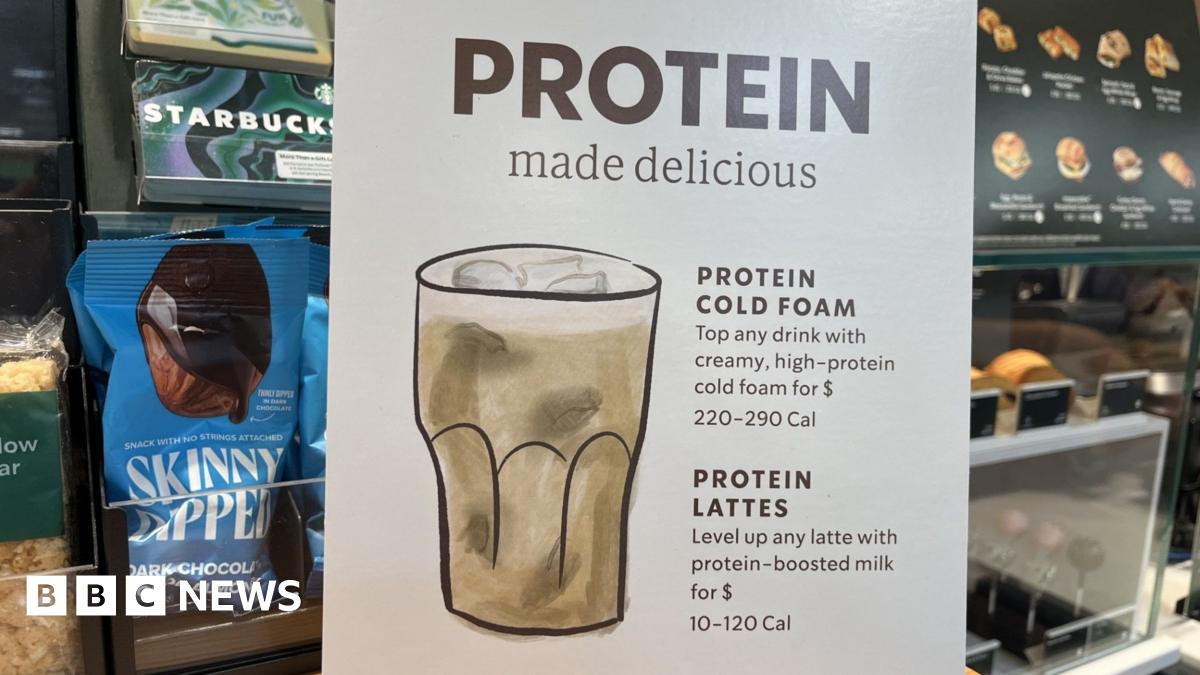Businesses are responding to that demand.
At French start-up Verley a gleaming row of stainless steel tanks, called fermentors, hold special microorganisms being fed on sugars.
Eventually they’ll produce beta-lactoglobulin, a protein found in whey.
The team at Verley, a French startup, will then purify the protein, including extracting the lactose.
The end result is a high-protein powder that is essentially dairy, but which Verley says is suitable for vegans as no cows are involved.
The process is both traditional and cutting-edge, believes Stéphane Mac Millan, Verley’s CEO.
On the one hand, fermentation has a long history in French food culture, including in cheesemaking.
On the other hand, Verley wants to modernise dairy by honing the nutritional benefits while reducing the environmental impacts. Dairy production requires large amounts of water and land, while generating large amounts of greenhouse gases.
“A goal really is to help the dairy industry move into the 21st century,” Mr Mac Millan says.
Mr Mac Millan is betting that nutrition-conscious consumers will care increasingly not only about getting enough whey protein, but about getting specific forms of it.
He says that some US consumers are now seeking out beta-lactoglobulin, which is high in the amino acid leucine, rather than non-specific whey protein.
The increasing number of people using weight-loss injections could also help drive the company’s growth, Mr Mac Millan believes. People concerned about rapidly losing muscle might reach for high-protein products.
He acknowledges that Verley’s protein will be more expensive than whey protein initially. “But considering that we are bringing more to the table and we are sustainable, it’s normal that there is a premium.”
The company is also hoping to bring costs down with greater scale. It is currently seeking regulatory approval in various countries.
